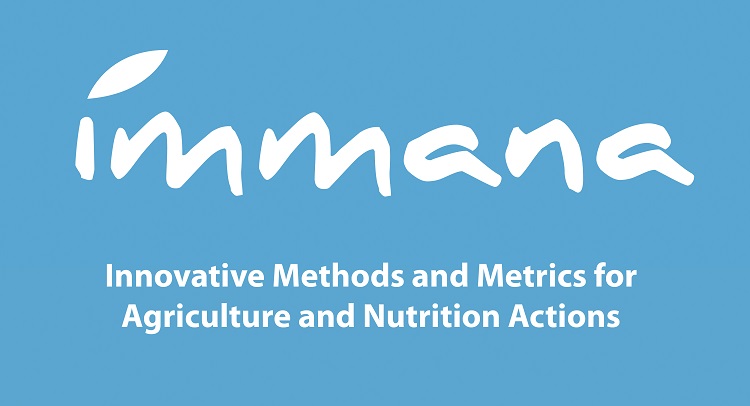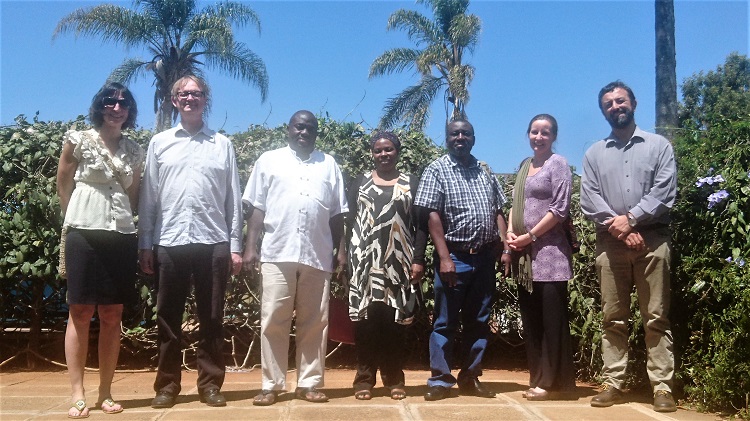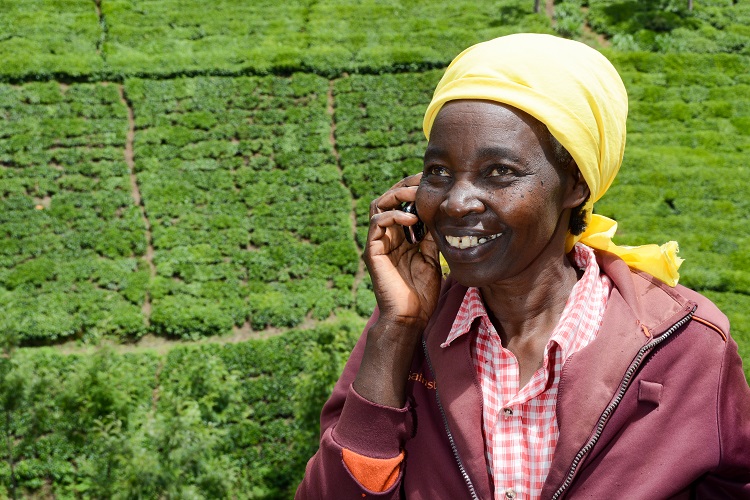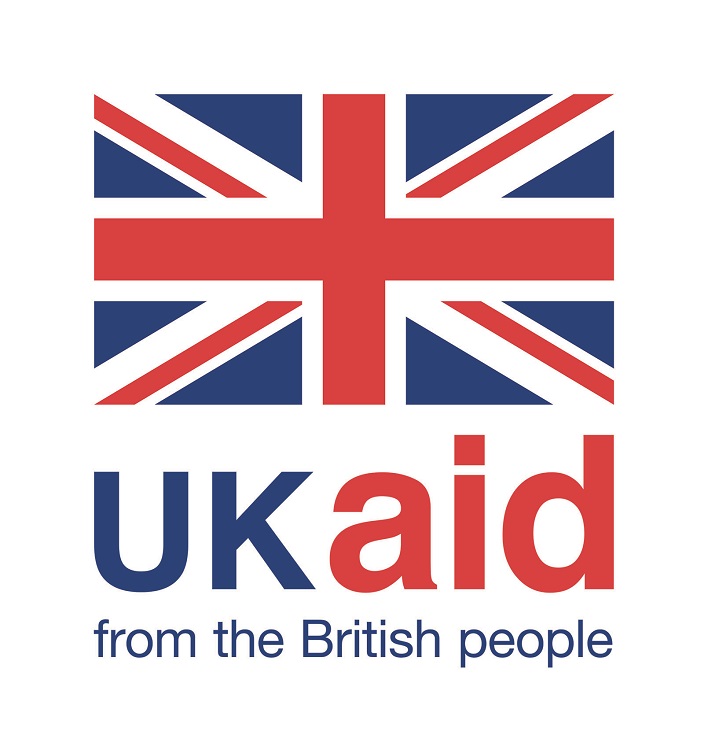
Better nutrition for a growing population is a major challenge of our time. In order to provide a healthy and sustainable diet for all, it is necessary to have a clear and accurate picture of current agricultural food systems. By improving standards for collecting and measuring data and developing innovative methodologies for evaluating agriculture and food systems, scientists will be able to build a robust evidence base which in turn will guide actions to improve nutrition. To that end, NRI has recently been awarded two research grants, both of which are looking to develop innovative methodologies and tools for capturing and measuring data, leading to more effective interventions to improve nutrition.
The projects come under the research initiative known as ‘IMMANA’ or ‘Innovative Metrics and Methods for Agriculture and Nutrition Actions’, funded with UK Aid from the UK government through the Department for International Development (DFID) and coordinated by the Leverhulme Centre for Integrative Research on Agriculture and Health (LCIRAH). Further details of the projects are presented below:
Pioneering estimates of nutritional losses, from harvest to market
Approximately one third of all food is lost or wasted. The first step in reducing these losses is to measure them as accurately as possible, usually by formulating loss estimates along the value chain, as a food crop travels from harvest to market. NRI has substantial experience in postharvest losses, and the ‘Nutri-P-Loss’ project, led by Dr. Aurélie Bechoff, Food and Nutrition Specialist at NRI, aims to add to this experience by developing a robust methodology to measure nutritional losses throughout the postharvest value chain. “This is the first methodology in the field to do this,” says Dr Bechoff. “We hope it will lead to more efficient strategies for preventing postharvest loss by increasing awareness about the nutritional loss that accompanies the physical loss of food.”
Focussing on crops including cowpeas and nutritionally improved varieties of biofortified sweet potato and protein-rich maize, the project will look specifically at the loss of key macro and micronutrients. The project will work alongside APHLIS, the African Postharvest Losses Information System, created in 2010 by NRI and partners. It is a scientific model producing calculated estimates of postharvest losses of food crops across sub-Saharan Africa. Through APHLIS+, a project led by Dr Bruno Tran (AfricaRice and NRI), a new and improved version of the information system is being developed, covering more crops and types of data, including nutritional loss.
NRI is working on the Nutri-P-Loss project in partnership with scientists from the University of Zimbabwe, the National Agricultural Research Laboratories in Kawanda, Uganda (NARL), the International Potato Center (CIP), and Purdue University and Iowa State University in the United States. A project launch meeting took place at CIP, Nairobi from 26–27th January this year. Further project details on the IMMANA project website
ICTs for improved data collection on mothers, infants, lifestyles and diets
 Agriculture and nutrition projects aim to improve the lives of poor people across the developing world; but not all projects have positive impacts. Projects can have positive or negative effects on the nutrition of women and young children, depending on factors such as how they affect women’s workloads and on women’s abilities to access and utilise nutritious foods.
Agriculture and nutrition projects aim to improve the lives of poor people across the developing world; but not all projects have positive impacts. Projects can have positive or negative effects on the nutrition of women and young children, depending on factors such as how they affect women’s workloads and on women’s abilities to access and utilise nutritious foods.
To evaluate the impacts of these projects, and to ultimately improve them in the future, it is necessary to collect accurate data. The IMMANA project led by Dr Kate Wellard, Principal Research Fellow in Natural Resource Management and Innovations at NRI, will look specifically at data collection on women’s time use and maternal and infant dietary practices. NRI colleagues working on the project include Lora Forsythe, Senior Research Fellow in Gender and Livelihoods, and Jan Priebe, Research Fellow in ICTs for Agriculture.
Traditional methods for collecting and assessing data on these topics often rely on the woman’s recall of the previous day or longer, which can be prone to error and bias. The project led by Dr Wellard aims to assess the effectiveness of two digital tools for measuring lifestyle and dietary data: a life-logging GPS-linked wearable camera that will capture in-situ behaviours as they occur in context, and a computerised interactive voice response diary that will enable respondents to provide short but frequent descriptions of their activities and food consumption, several times throughout the day in response to automated calls on a mobile phone.
“If these tools are successful,” says Dr Wellard, “they can be used to more accurately evaluate the impact of nutrition-sensitive interventions in agriculture projects. Such information is critical to ensure these interventions have a positive impact on maternal and infant wellbeing.”
NRI is working on this project in collaboration with The Africa Innovations Institute (AfrII) based in Uganda, and the London School of Hygiene and Tropical Medicine (LSHTM), UK. Further project details on the IMMANA website
Links: Awardees of IMMANA Grants Round 2 | IMMANA | DFID | LCIRAH
- Nutri-P-Loss: Dr Bechoff’s profile | APHLIS+ | NARL | CIP | Purdue | Iowa State
- ICTs for improved nutrition: Dr Wellard’s profile | AfrII | LSHTM

